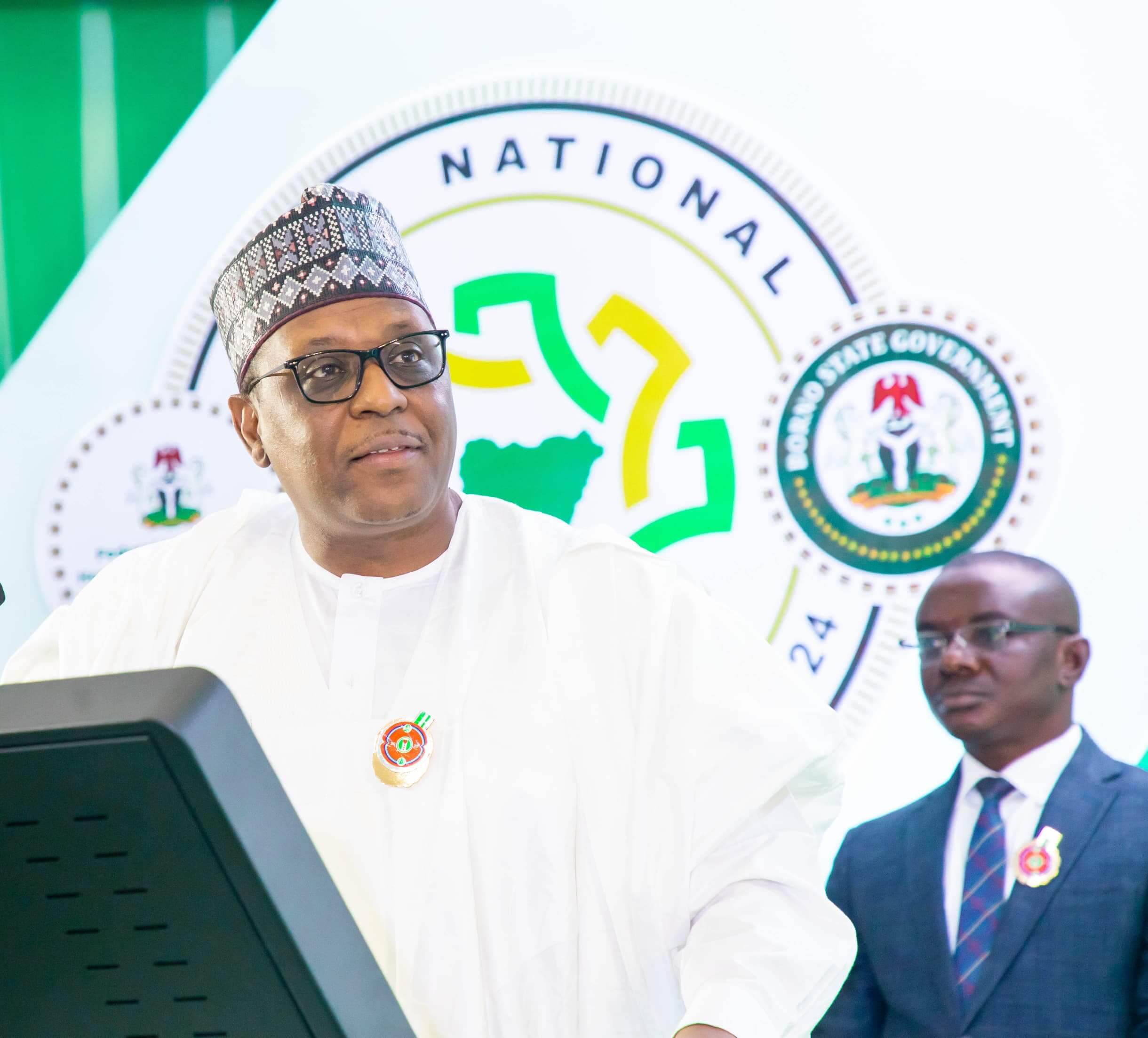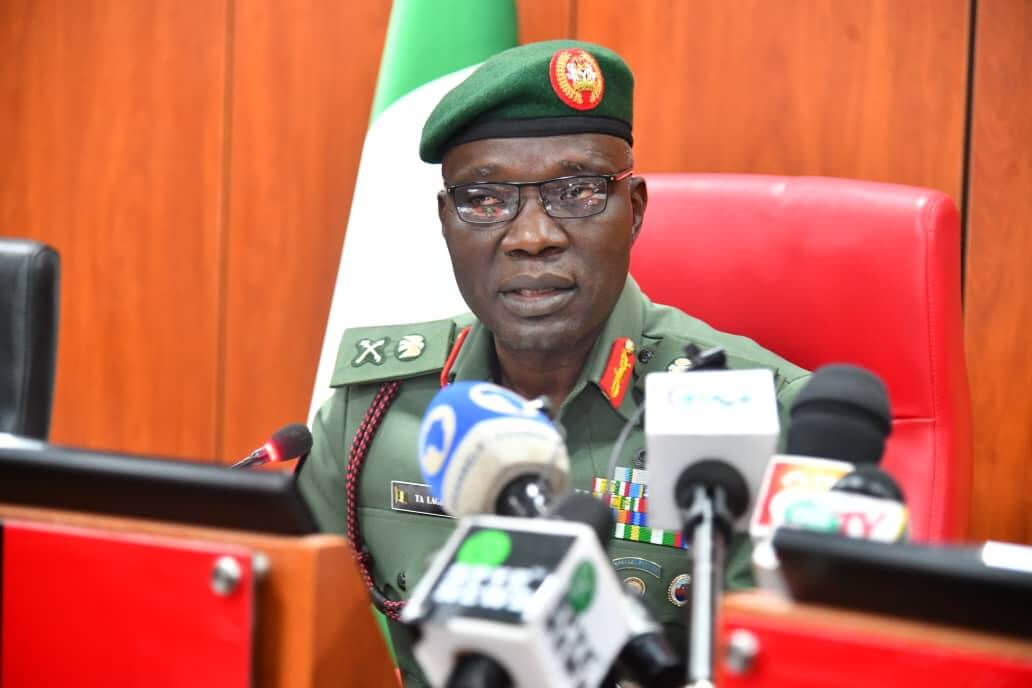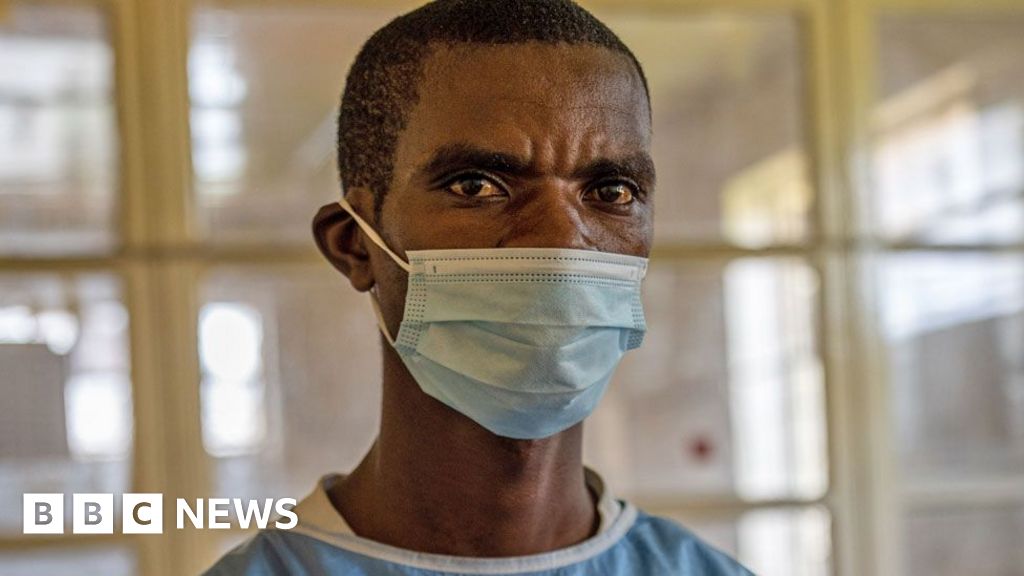
The Solid Minerals Development Fund (SMDF) has stressed the crucial role of accurate data in diversifying Nigeria’s solid minerals and taken a significant step towards enhancing the country’s geological mapping capabilities.
It also organised a training workshop for its technical staff on the use of remote sensing imagery for geological mapping applications, aimed at addressing the challenges of illegal mining and promoting sustainable mineral resource management in Nigeria.
Speaking during the workshop in Abuja, renowned image processing specialist Neil Pendock stressed the importance of data in geological mapping, noting that it can help in identifying mineral deposits undercover.
He encouraged the Nigerian government to make mining more environmentally friendly to attract investment.
The training workshop, organised by the SMDF, aims to build the capacity of Nigerian geoscientists to use remote sensing technology in geological mapping and mineral exploration.
Pendock said that Nigeria, being a stable democracy combined with its rich mineral resources, is positioned to compete favourably with other leading mineral-producing nations.
He said: “Thermal data is very useful because it works at night when the rocks cool down and release thermal energy, allowing us to detect different minerals, even those that are undercover or beneath vegetation.
“For example, a full reservoir of oil is a thermal insulator. So, at night, if you look at an oil field, it will be cooler than the surrounding rocks. This is because the heat source at night is the core and the mantle of the earth, which is hot and radiating heat. The oil is stopping it.
“It’s going into space. So this is also very interesting for Nigeria, which is an oil-producing country. But it is only going to work onshore, not in the sea or the ocean. Thermal is very interesting for mapping things undercover, and I will educate you with some examples of thermal data.”
He said that many mineral deposits remain undiscovered due to inadequate geological mapping, resulting in lost opportunities for economic growth and development.
In his remarks, the Head of Geoscience Data Management at SMDF, Kefas Malgwi, noted that the workshop aimed to build the capacity of the staff to utilise remote sensing technology in geological mapping and mineral exploration.
He explained that the training is part of efforts to enhance the skills of its staff and improve the quality of geological data collection and analysis in the country’s solid minerals sector.
He said: “We want to see how we can improve our exploration data to discover world-class deposits for investors to come to Nigeria.”
He noted that the aim of the geological data collection is to use mining operations as catalysts for community development and job creation.

 5 months ago
11
5 months ago
11















 English (US) ·
English (US) ·